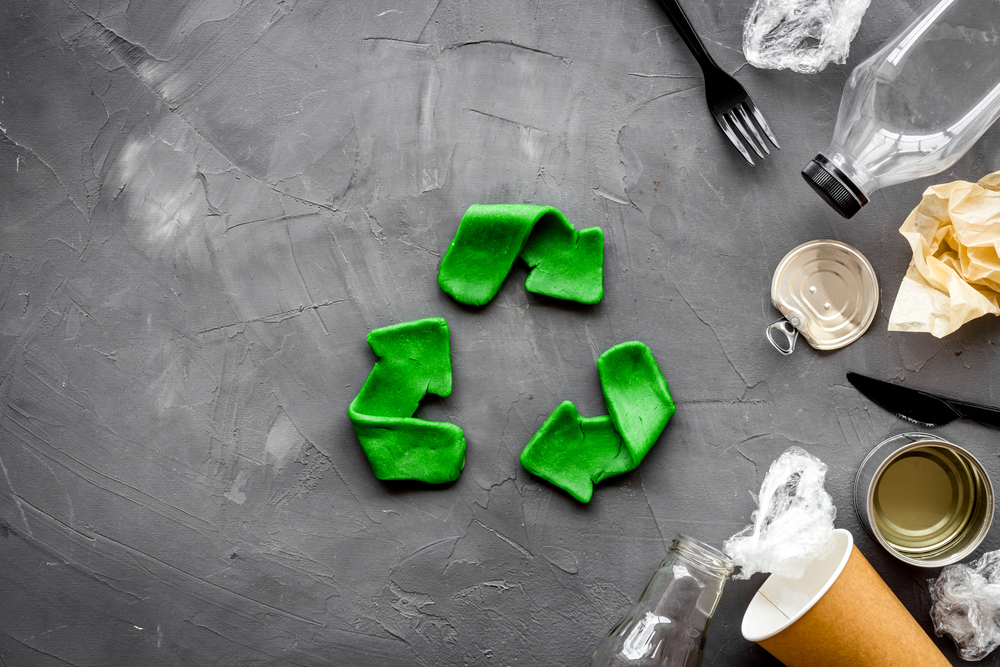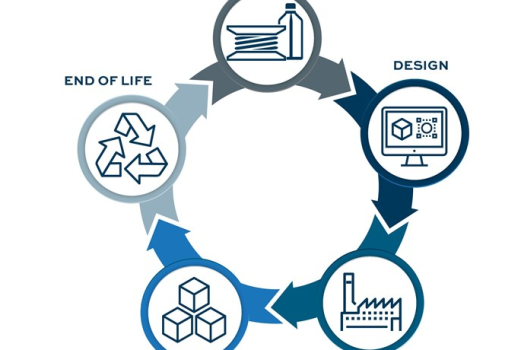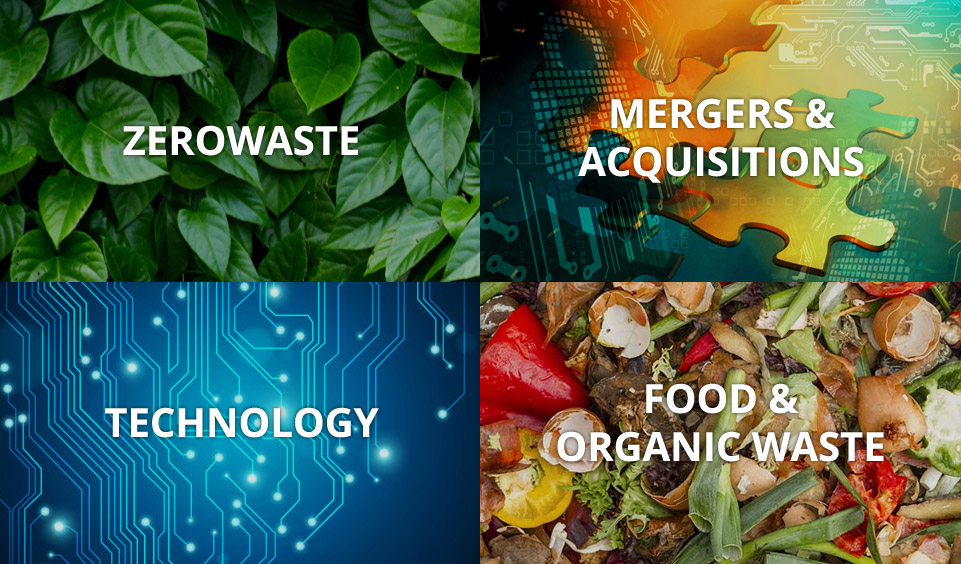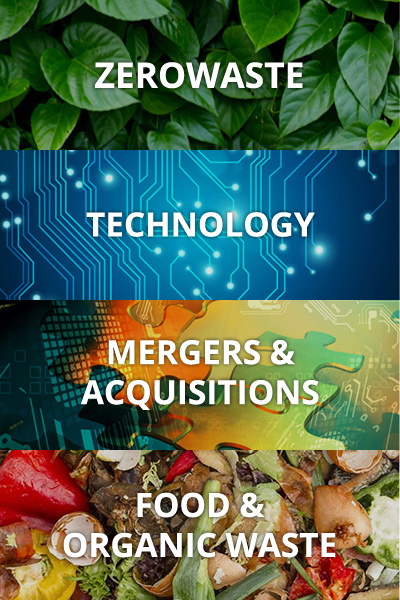
Clean Memphis, a nonprofit organization focused on engaging and educating communities on sustainability, has launched its #901SaveTheFood marketing and education campaign to develop best practices around reduction, diversion and composting.
The campaign was created in partnership with the Tennessee Department and Environment and Conservation and the Natural Resource Defense Council. Memphis Mayor Jim Strickland also signed on as part of the city’s Climate Action Plan.
“This new partnership has helped us refine our strategy and also create energy and emphasis around setting a kind of audacious goal that aligns with the national goal,” Janet Boscarino, the executive director of Clean Memphis, told the Memphis Business Journal.
According to Boscarino, the U.S. spends roughly $218 billion a year growing, processing and transporting food that’s never eaten. This trend can be seen in Memphis especially, with 40 percent of the food grown or produced locally not being eaten.
One way Clean Memphis plans to address that is through audits of city entities, including Shelby County Schools.
“We set up for a week [pre-COVID],” she said of Shelby County Schools. “Each student would bring their tray over, and the students, with help from volunteers, would separate what was not eaten by category, and you weigh and measure it. The nutrition services could evaluate what wasn’t eaten — how many unopened milks, why do we have 150 rolls that no one touched? — so they can go back and make better decisions.”
Another piece of the puzzle is composting. Boscarino told the Business Journal she envisions a time when there will be a bin at every home to collect food scraps that will then be composted, with Memphians having access to subscription services through companies like Spartanburg, South Carolina-based Atlas Organics.
Boscarino is also looking to expand the program to other Memphis businesses and organizations, such as the Memphis Zoo, AutoZone Park, the convention center and eventually to private companies.
“The ultimate goal is by 2030, there is 50 percent reduction [in food waste],” she said.



